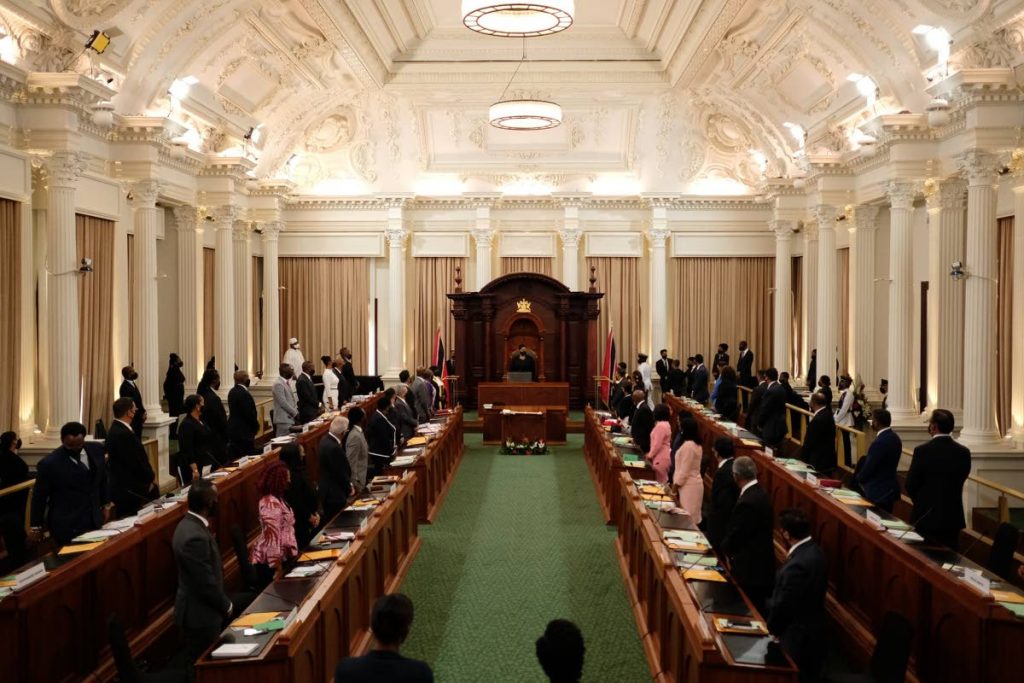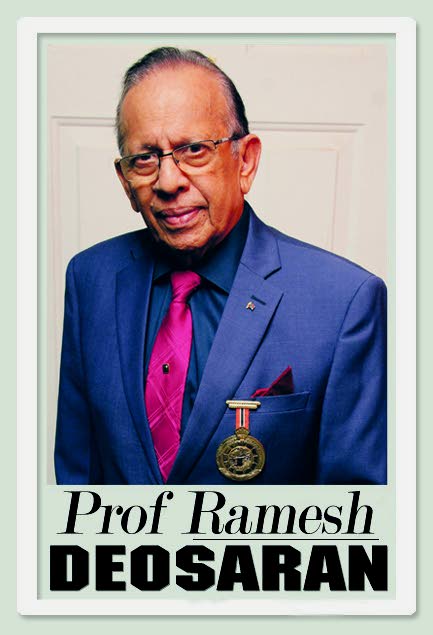How to believe politicians in Trinidad and Tobago

The Easter season saw leaders of different types giving messages of hope at a time when the credibility of politicians and other high-seated officials is being tested, when the performance of government agencies and accountability need urgent improvements.
Covid19 has made things worse.
Quite often, senior public officials offer speeches that seek to cool the heat, comfort those who hurt and give hope for betterment. The troubling thing is that the people have heard all that before, again and again, with no positive change resulting. Archbishop Jason Gordon once again pleads for respecting others; the arrogance and disrespect are too much.
The other troubling thing is that the complaints about poor public service and lack of accountability also come from the very people who were elected or positioned to solve such problems.
Now, while some blame may be put upon the shoulders of such officials (after all, they asked to be elected), it has become quite obvious that the political system and embedded political culture in which our elected and high-seated officials operate do facilitate and excuse a lot of their failures.
But the rituals continue without serious, courageous attempts to reform.
Over the Easter weekend, we heard several therapeutic speeches. The PM said: “The past year has brought varied challenges such as the covid19 pandemic and economic shocks felt across the world and our country. Sadly, there was also the loss of 145 lives due to the pandemic and signals of notable increases in various forms of socio-psychological illnesses.”
He added: “Let us recognise that many among us have lost their way and need to find a path back to spiritual life. Let us on this Good Friday, as Christ called upon us, be our brother’s keeper.”
Now, how many, including ministers, regional corporation chairmen and public servants, will follow the PM’s advice to be our “brother’s keeper” and fix the potholes, fix our postal service, repair broken drains, improve the emergency service at hospitals, etc?
Isn’t that part of Christ’s message too? Our brothers and sisters are hurting. President Paula-Mae Weekes said so last year.
In fact, during Easter she said: “That we will emerge on the other side of the pandemic is certain, especially now that the desperately needed vaccines have begin to arrive and we continue to observe the covid19 protocols.”
She added: “How, is a matter entirely for us. As individual and as a nation, will we learn any salutary lessons that impact and improve the way we live, or will we fall back into the anti-social and unhealthy patterns that have become all too familiar.” Who would like to bet?

In fact, next Easter or even before that, we may well hear similar pleadings. Why?
A major reason is that so many people have lost trust in government. They suffer from inefficient public services, for their public safety and are demoralised by the numerous allegations of political corruption, no matter the attempts to give hope amid despair.
Worse yet, there is the floating perception that many enter politics to make money or to build their own private wealth, illegally or unethically.
The point is that while top-down speeches, necessary as they may be, seek to give noble advice and build hope, there is serious mental resistance from the population.
This is where the test of political credibility stands. I have a feeling that many public officials, deep in their conscience, know what is right, what is good, but when placed in certain situations, they fail, mainly because of the deeply entrenched political culture, the usual way of doing things. And they lack the courage to escape.
Opposition Leader Kamla Persad-Bissessar put it this way: “The message of the ultimate sacrifice from Good Friday is not only limited to citizens but also applies to those in authority, who must sacrifice their own ambitions to enable the well-being, prosperity and development of a burdened population.”
This is really what the people expect. Since the former PM now believes this, she and her UNC party should begin to put forward the political, constitutional and bureaucratic reforms required to help "enable the well-being, prosperity and development of a burdened population.”
Anything less will just mean business as usual, ritual after ritual, and “talk for talk's sake.”

Comments
"How to believe politicians in Trinidad and Tobago"